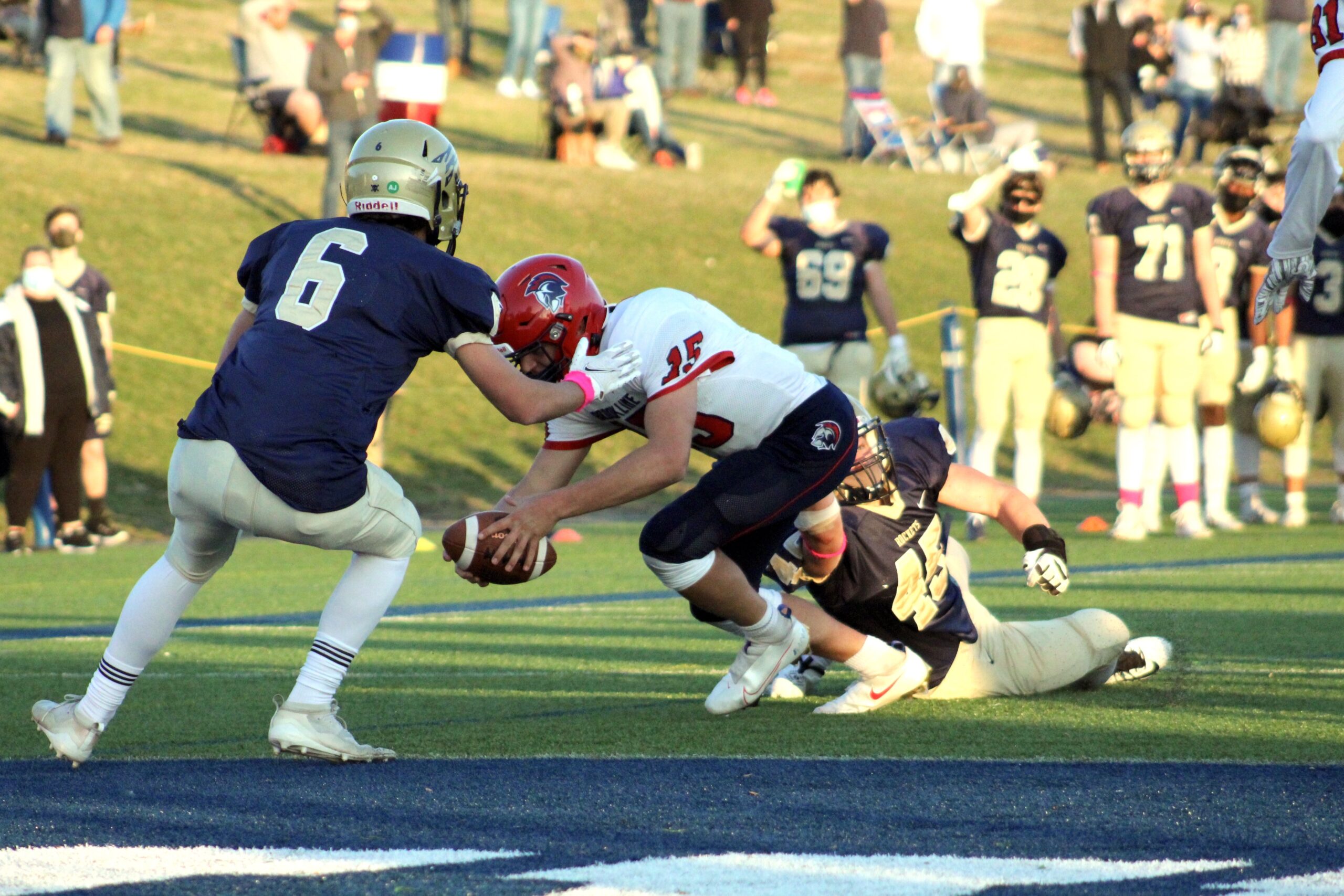Playing football after high school can be a challenging yet fulfilling journey for those who are passionate about the sport.
After high school, aspiring athletes often face a difficult decision about their football dreams of whether to give up playing or not.
Players can choose a path that aligns with their goals and dedication, with rewards and challenges.
After finishing school, students should think about their abilities and dedication before joining a football team.
High School Football and Beyond
High school football plays a significant role in the lives of many student-athletes. You can join a team sport and learn discipline, teamwork, and leadership skills.
For some, the experience is a stepping stone towards pursuing football at a higher level after graduation.
Moving from high school to college or pro football can be tough because the competition gets fiercer.
Student-athletes must know if they can compete in college and what they need to do.
Out of the almost 8 million students who play high school sports in the US, only about 495,000 will compete at NCAA schools.
This is around 6.2% of the total. Among those, only a small fraction will eventually achieve their goal of playing professionally.
For those aspiring to play football after high school, preparation is key. Regular practice and maintaining good physical condition are crucial for improving performance.
Players can stand out to college recruiters by participating in a variety of sports in high school and performing well.
In addition to the physical requirements, focusing on academics is essential. College football programs have strict eligibility criteria.
These criteria include maintaining a certain GPA and meeting NCAA standards.
Key Strategies for Success
To succeed in football after high school, players should stay motivated, get stronger, and show off their skills.
Establishing a strong foundation in these areas will increase the odds of success in the sport.
Motivation plays a crucial role in keeping players passionate about football.
They should set both long-term and short-term goals to monitor their progress while pushing themselves to improve. To stay motivated, players can join local leagues and attend football camps.
You can learn from experienced coaches and fellow athletes in a supportive environment.
Players must seek chances to show their skills, in addition to motivation and training.
Here are some great tips to get noticed:
- Research and register for college football camps, where coaches can observe talent firsthand. By attending these events, you may get recruited, receive scholarships, and get helpful feedback.
- When you network with coaches and college staff, it’s important to be professional and approachable. It can open doors for post-high school athletes.
- Using social media to showcase skills and achievements is also a good strategy. To become more visible and expand networks, post videos, attend events, and connect with coaches on Twitter or LinkedIn.
Summary
To succeed in higher-level football, players must refine their skills and adapt to new challenges.
Athletes who commit to improvement and adapt to rules and points of emphasis can have successful football careers.

